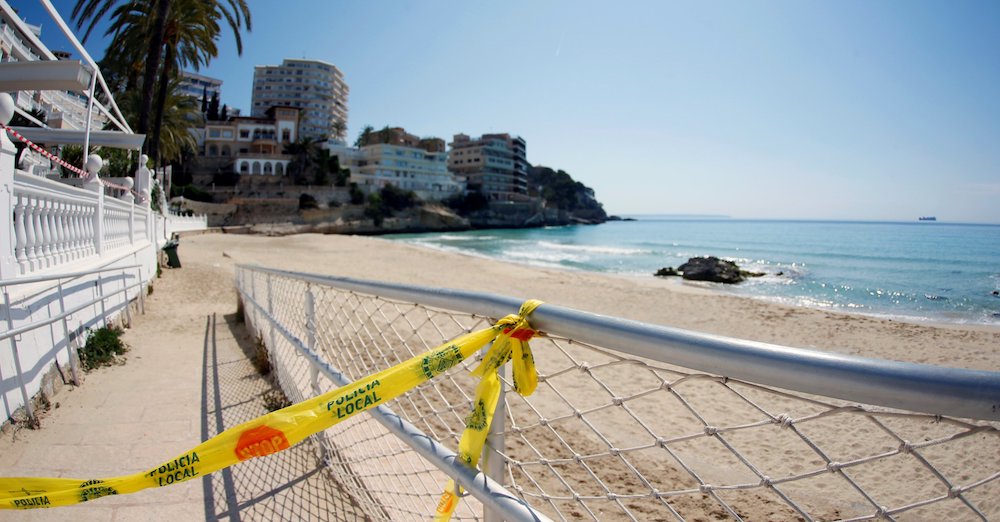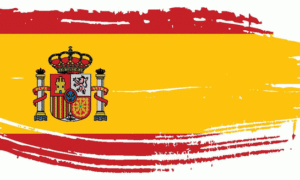How sweet is the first taste of freedom in Spain? Since Friday, 8 May, at least here in the small seaside resort of Torrevieja, it’s pretty sweet indeed, because for the first time in seven weeks, the beaches have opened.
The local government has finally seen the sense that allowing people to walk along the ample beaches we have here provides much more space to keep social distances than using the pavement or roads for walking. We are now in the second week of partial lifting of the toughest restrictions to our freedom of movement.
New freedoms come with daily schedules
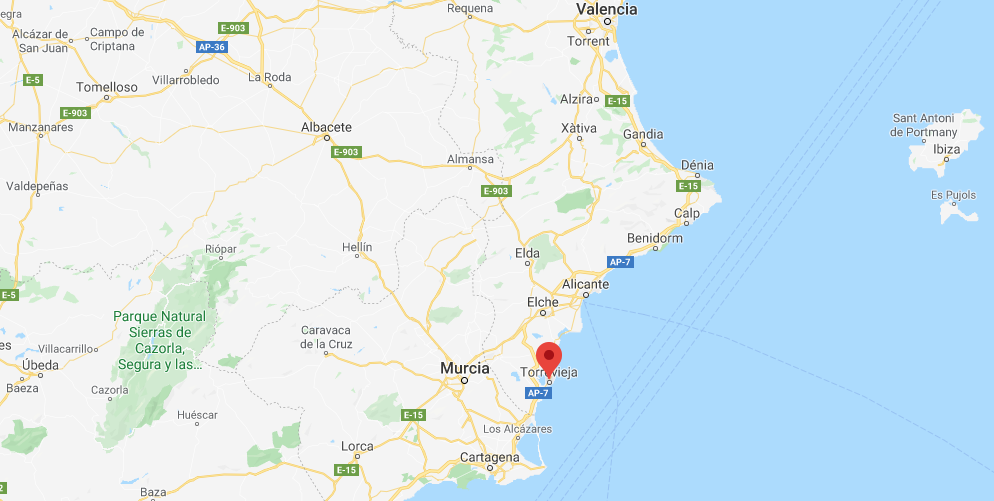
• First, it was the kids in Spain who finally were allowed to leave the confines of their homes at certain hours and accompanied by an adult family member. No longer than one hour, no farther than 1 kilometer, but they could bring bikes or patinetes.
• This has been in place since last Saturday, allowing the rest of us to go out for walks or exercise in the open air.
• The time frames established depend on age: From 14 to 70 years old have
from 6 a.m. to 10 a.m. to enjoy fresh air.
• The over-70s have two hours from 10 a.m. to noon.
• Then the kids come out, and there is another time frame from 7 p.m. to 8 p.m. for older people and from 9 p.m. to 11 p.m. for those who wish to exercise.
In addition, there are, of course, the shopping trips and dog walking, both of which were allowed since the beginning of Spain’s estado de alarma on 14 March. Since this Monday, another much anticipated “perk” came into force. Hairdressers could open their doors, but customers can only come with prior appointments and have their hair done wearing masks and gloves and with a distance of at least 1.5 meters between each other.
Re-entering life cautiously
Everybody expected a big rush, especially from the ladies.
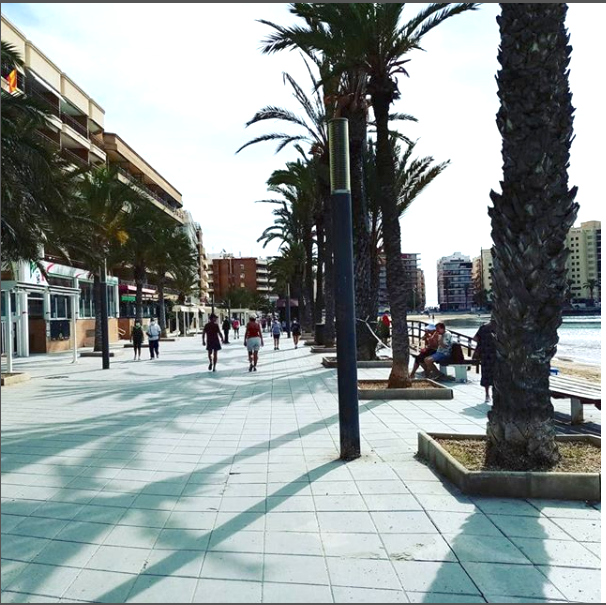
I went to investigate the situation and was surprised. Admittedly, for some unknown reason, there are a lot of hair salons in Torrevieja, but I thought they would all be busy. However, some remained closed; others had a sign saying they were making house calls and three more had just one client. I asked an owner if they were busy with appointments and she just shrugged
and said: “Not much. People are scared.”
People can now also collect pre-ordered meals from restaurants rather than having them delivered. Otherwise, cafes and restaurants remain closed but are expected to open on 11 May to 50 percent of their capacity, observing strict hygiene and safety measures. At the same time, smaller apparel and shoe shops as well as other stores will open. How all the safety rules are
going to work is of great concern to the industry, because as of yet, there are no real guidelines. Shop owners complain they never have enough time to prepare, because the government issues statements and rules just hours before they come into force.
This has been the case throughout the crisis in Spain.
Phased exit from shutdown
What is the situation to date? For starters, the estado de alarma has just been extended until 24 May with an announcement by the president to expect further extensions. Officials have instituted a four-phase relaxation period until at least the end of June, planning to lift restrictions gradually, including the right to travel within the same autonomous province. Face masks are obligatory on public transport but only recommended elsewhere, although some supermarkets won’t let you in if you don’t wear one.
President Pedro Sánchez had a hard battle to get this extension approved and only managed to get there because the autonomous governments raised their voices and demanded the right to decide independently how and when to proceed from one phase to the next, depending on the individual situation in their territory. Some islands are already in Phase 1 – we are still in Phase 0, though we enter Phase 1 on Monday. At the weekend, we will finally learn which provinces can follow suit.
Uncertainty and great concern about the economy continue to rule. Meanwhile, at least here, we can enjoy the warm weather and sunshine and breathe fresh air on the beach, albeit not taking off our shoes, going into the water or sitting down in the sand. Parks and playgrounds remain closed for the time being.
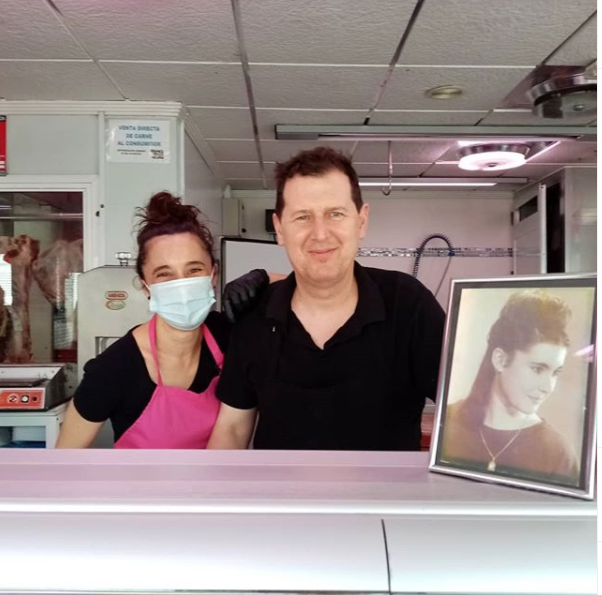
Small shops like my favorite baker and butcher have struggled throughout, remaining open and providing their customers with a smile, a kind word and even merchandise they normally don’t sell like smoked salmon, milk and yoghurts so we didn’t need to stand in line at the supermarkets.
This morning when I went for the first time for a run on the beach, few people were around and everybody is keeping their distance. People are scared but show a lot more common sense than the government wants to give them credit for. I can only speak for my small neck of the woods; the situation in the big cities may be different.
One thing is certain, though. It’s not La Moncloa which exclusively rules our lives from now on but our own provincial governments which are much closer to the actual situation.
(Editor’s note: You can see more here about the latest pandemic rules and restrictions across Europe including Spain.)
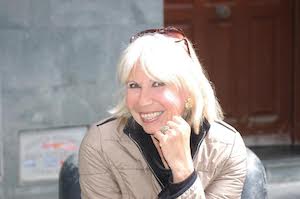
About the author:
Inka Piegsa-Quischotte is an international attorney-turned-travel and lifestyle writer. She has contributed to BBC/Travel, several inflight magazines, TripSavvy (Spain) and TravelAwaits among many other publications. After several years in Turkey, she now lives on Spain’s Costa Blanca.
Read more about Spain in our Dispatches archive here.
Inka Piegsa-Quischotte is an international attorney-turned-travel and lifestyle writer based in Spain. She has contributed to BBC/Travel, several in-flight magazines, TripSavvy (Spain) and TravelAwaits among many other publications.


